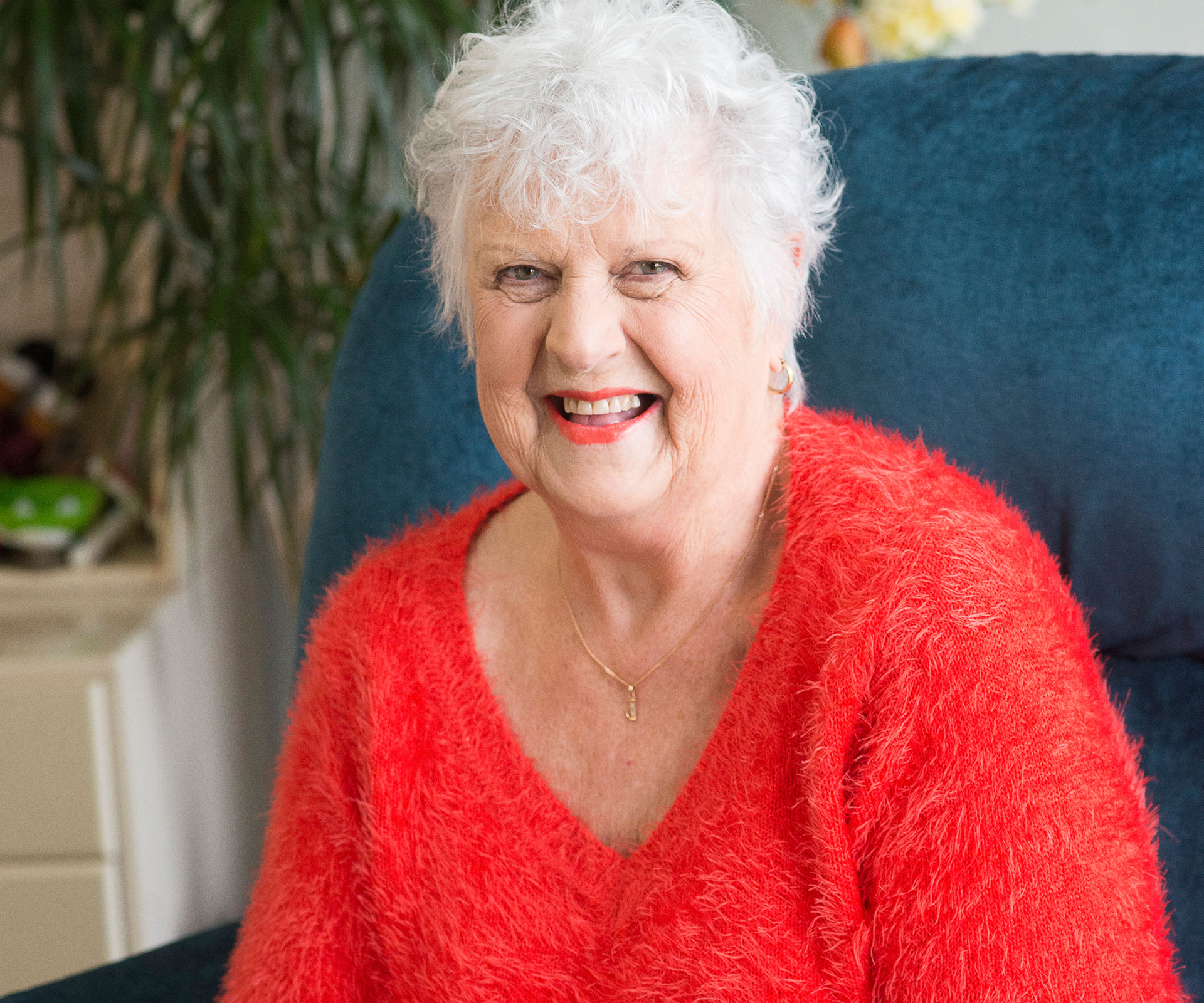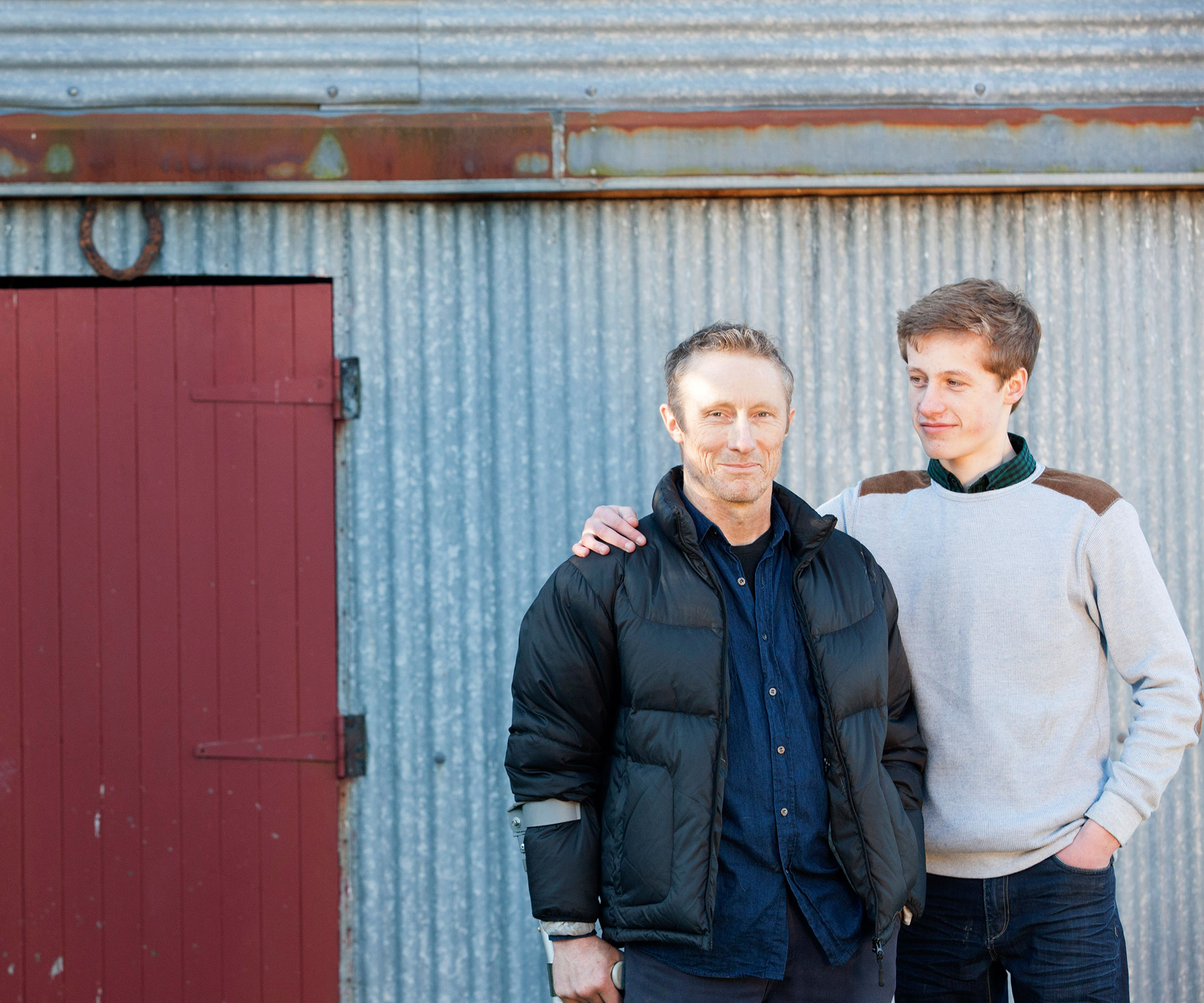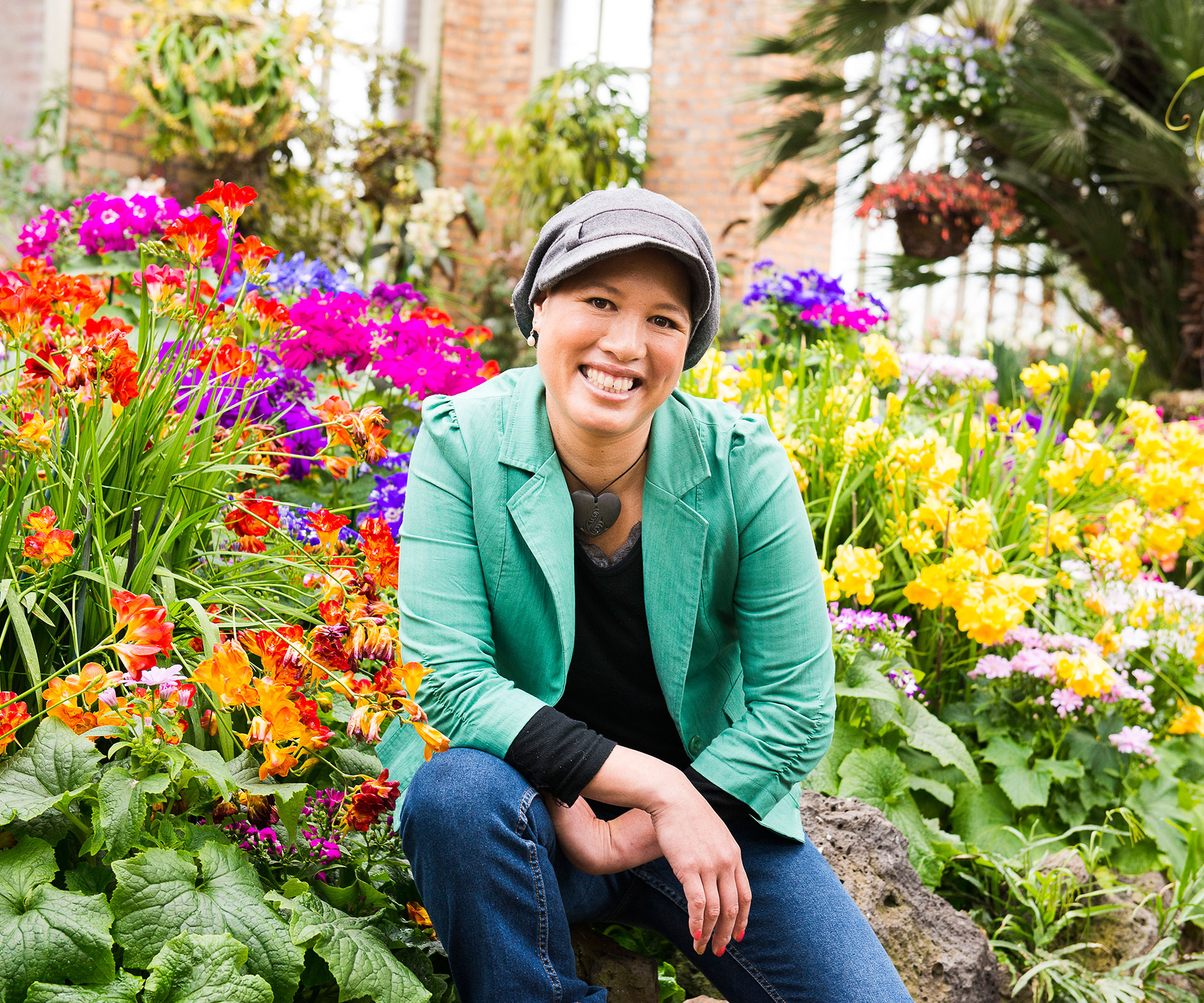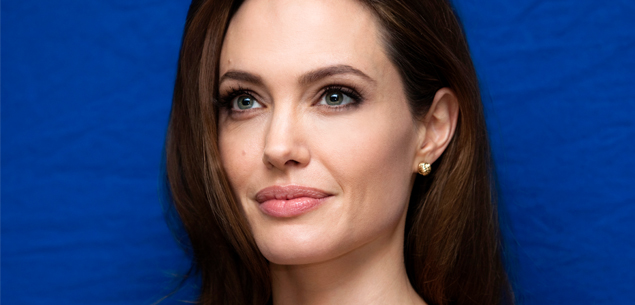It’s one thing to talk about being positive, but quite another to remain upbeat in the face of the worst possible diagnosis. And yet scattered around the country are many courageous men and women who are doing just that.
Their illness goes by a host of first names: secondary, advanced, metastatic or stage four. But whichever handle it’s given, cancer that has evolved to this phase has just one consequence: it’s incurable.
Of the 3000 Kiwis diagnosed with breast cancer every year, 15 per cent fall into this category. It means the cancerous cells have travelled through the body – often to the lungs, bones or liver – to form a new cancer. No matter where it reappears in the body, it is still known as breast cancer – but with a terminal diagnosis.
Secondary breast cancer isn’t age specific – it’s just as likely to strike people in their 20s as in their 80s. And it’s not exclusively women who are affected either – around 20 New Zealand men are diagnosed with breast cancer annually.
There is no fixed time limit on surviving with advanced breast cancer, but with innovations in research and treatment, many live with it for years.
Those with the illness admit it can be a difficult balancing act – finding the right treatment to give them the best quality of life, while continuing to lead ‘normal lives’, working and looking after family.
But for many, diagnosis is not the end. It’s an opportunity to gain perspective and make priorities in life. These people aren’t afraid to make big plans with the goal of seeing them through.
Sharni Kara
At the age of 35, Sharni Kara (pictured above) sees her new role in life as a kind of guardian angel to her whanau – including all 65 of her nephews and nieces.
Since discovering she had advanced breast cancer 18 months ago, it’s a responsibility she takes very seriously: ensuring her relatives take the very best care of their health. Breast cancer runs through both sides of her family; five aunties and her mother have had it. DNA tests revealed Sharni had faults in both her BRCA1 and BRCA2 genes, which gave her a higher-than-normal chance of breast tumours developing.
Sharni wishes she hadn’t waited so long to have a large lump checked, and says she should have had a double mastectomy when her left breast was removed.
But regrets aside, she’s focused on doing more for family, which includes her 10 brothers and sisters. “I’m always reminding them to have check-ups, and to go straight to the doctor if they feel unwell,” she says. “I also want to lead by example for my nephews and nieces.”
Sharni, who grew up in Northland, has always been an energetic go-getter. A talented athlete who studied performing arts, she had travelled the world and was living in Australia when she noticed a hard lump under her left breast in mid-2010.
“I freaked out,” she recalls. “One of my aunties had died of breast cancer the year before. I didn’t want to hear that it was cancer, so I left it. I just prayed to God that if it was meant to heal, it would go away.”
She returned to New Zealand that Christmas, and on telling her family her suspicions, went to see a doctor, who gave Sharni the results she feared on New Year’s Day 2011.
Incredibly, her mother found out she also had breast cancer the week before Sharni’s diagnosis. “Mum’s was stage 1, so she was able to have the lump removed and then radiotherapy,” says Sharni.
Sharni had chemotherapy and one mastectomy before returning to live in Australia. For two years, she was symptom-free: “I was fine, and in my head, the cancer was gone.” And then another lump appeared in the same area. The cancer had come back.
She returned to Auckland to live with her mum and stepdad, and has since tried five different forms of chemotherapy. Although tumours have spread through her remaining breast, Sharni and her oncologist have now agreed to abandon further treatment.
“It was a really hard decision, but I was feeling more unwell with the chemo,” she says. “Everyone reacts differently, but it wasn’t good for me.” While the cancer is aggressive, she hasn’t been given ‘a time limit’. She’s been told about the developing symptoms to look out for.
“I intend to live as much as I can now. You live and you die, and once you’re okay with that, you can get on with a new appreciation of life.” She has just two things on her bucket list to achieve: to go skydiving, and get married. “I just have to find the right guy.”

Jan Giles living with secondary breast cancer
Jan Giles
She is known as ‘the enigma’. Almost a decade ago, Jan Giles was told by a specialist she probably wouldn’t see another Christmas. But here she is, still defying the prognosis and living with secondary breast cancer. “Sometimes I feel like a bit of a fraud that I’m still breathing,” the 75-year-old says with a wry smile.
You’d like to think her fortitude has a lot to do with her attitude. Since being told her breast cancer has returned, now in one of her lungs, her mantra has become: ‘I accept it, I will deal with it, I get on with it.’
“Why go into denial?” she says. “I believe I’ve earned the right to be honest about it.”
Getting on with it means doing things she’s never done before – like walking a half-marathon and jumping 192m off Auckland’s Sky Tower. Only a broken ankle, from slipping on wet grass earlier this year, has slowed her down.
“This may sound strange, but it’s a journey I think I was meant to take. Having cancer has brought the most amazing, wonderful people into my life,” the mum-of-two says.
Kiwi Jan was living in Brisbane, Australia, when she was first diagnosed with breast cancer in 2003. She had a lumpectomy and chemotherapy, but 18 months later discovered the cancer had spread to her lung. Another course of chemo failed to slow its growth; her oncologist gave her only a matter of months to live.
Jan agreed to take part in a new drug trial, but the treatment was debilitating, and on her 12th day in hospital, she made a decision. “If I was going to die, I was going to die my way. It certainly wasn’t going to be in that hospital. So I decided that I was going home.” Home to Auckland, after 40 years.
Her cancer is still there, but Jan continues to stump doctors, and is now down to yearly check-ups. She gets short of breath and tires quickly, and catching a cold has progressed to pneumonia on a few occasions. “So I pamper myself in winter,” she says.
Soon after she moved back to Auckland, Jan was referred to Sweet Louise, then a new charity offering support and service to people with secondary breast cancer. For almost a decade, she’s been attending monthly meetings and using the vouchers members are given for hair, manicures and meal deliveries (a godsend with her broken ankle). She’s even learned to paint.
“I’ve been blessed with so much laughter, and there have been many tears too,” Jan says. “But I’ve never questioned ‘Why me?’ I accept it, I deal with it, I get on with it. And I fight like mad.”

Dispite the odds Max Croskery was diagnosed with secondary breast cancer. Men make up just under one per cent of all breast cancer diagnosed in New Zealand.
Max Croskery
An electrician and father of two teenage boys, Max Croskery likes to restore wooden furniture.
He’s also quite at ease discussing the best shampoo for brittle, post-chemo hair, or how to conquer a fear of needles, with groups made up almost entirely of women.
Over the past few years, Max has become used to sharing his experiences, his problems and his advice with women – and a handful of men – who, like him, have secondary breast cancer. Through talking in groups such as Sweet Louise and Metavivors NZ – a Facebook group open to those with advanced breast cancer – he’s discovered that a problem shared is a problem halved.
He’s never been concerned that the great majority of listening ears are female. “I guess I’m not the macho kind of guy who would worry about it – especially when you have something that incurable. You’re just talking to people all going through the same thing.”
Before Max’s initial diagnosis, he was aware that men could get breast cancer (men make up just under one per cent of all breast cancer diagnosed in New Zealand). It had just never crossed his mind that he could be one of them – even when he found a very obvious lump in the centre of his nipple five years ago.
“I wanted to believe it was a cyst or an infection,” he says. “Unfortunately, my GP wasn’t very proactive – I was given antibiotics for a long time, when I should have had a biopsy straightaway. Getting a mammogram was the last thing they thought of.”
When breast cancer was finally detected, Max had a mastectomy. It was an aggressive cancer which had invaded his lymph nodes, so he was treated with the Herceptin drug.
Max had 18 months of “trying to get back to normal”, when one day, he jumped out of bed and fractured his right femur. He needed an emergency hip replacement, but even crueller, scans revealed a tumour on his thigh bone – terminal metastatic cancer.
“Yep, 2013 was a pretty horrible year,” he recalls. “Since I was re-diagnosed, I’ve had three different types of chemo, and I’ve tried a hormone that didn’t work for me.”
His cancer has progressed, but 55-year-old Max hasn’t stopped making the most of his life. He continues to work as an electrician. “Some days, working can be pretty difficult, but at the same time it keeps you sane and gives you a feeling of independence. It’s a hell of a positive thing, mentally and socially.”
A huge fan of Van Morrison, he’s just returned from a trip to Ireland to watch the Irish musician perform at four concerts. He made a similar ‘Van Fan’ journey last year.
Max lives on the picturesque Wairarapa land where his parents once farmed chickens, and hopes to make himself a studio where he can restore and redesign old furniture. But most importantly, he’s trying to spend as much “fun time” as he can with his two sons, Joe, aged 16 (pictured above with Max), and Tom, 19.
“The thing I want to be is brave, and show my boys the way to deal with this. When people say, ‘Never give up’ and ‘Put one foot in front of the other’, I realise I really am living those things; they’re not just nice little mottos. If there’s anything I really want to do, it’s to be a good example to my sons.”
The legacy of a positive attitude
When 29-year-old Auckland lawyer Louise Perkins was told she had only two years to live, she decided to make the most of every day she had. She made living with breast cancer a small part of her life, and focused her trademark positivity on doing something every day to make herself feel good.
Louise exceeded expectations and died in 2004, after 10 years of living with secondary breast cancer. In her memory, her husband Scott established The Louise Perkins Foundation, and in 2006 launched Sweet Louise, a charity to help women and men with the incurable illness try to live positively.
A decade later, Sweet Louise has helped 1500 members throughout New Zealand. The organisation provides a team of support co-ordinators, with experience in oncology and palliative care, who visit members at home or in hospital, or talk on the phone.
“For some people it’s about helping them with everything possible; others need help putting things in place, especially when they have children,” says senior support co-ordinator Sinda Hall. “We’ve helped mothers write letters for their children to read when they turn 21.”
Members receive $500 of vouchers each year, which they can use to improve their quality of life. Monthly meetings bring members together for workshops, and there are also ‘Memory Days’ – high teas, theme park visits, birthday parties – so families have special moments to treasure.
Sweet Louise operates through most of the North Island and is about to reach into the South Island. sweetlouise.co.nz
Words by Suzanne McFadden
Photos by Helen Bankers
Hair and Make-up by Luisa Petch


